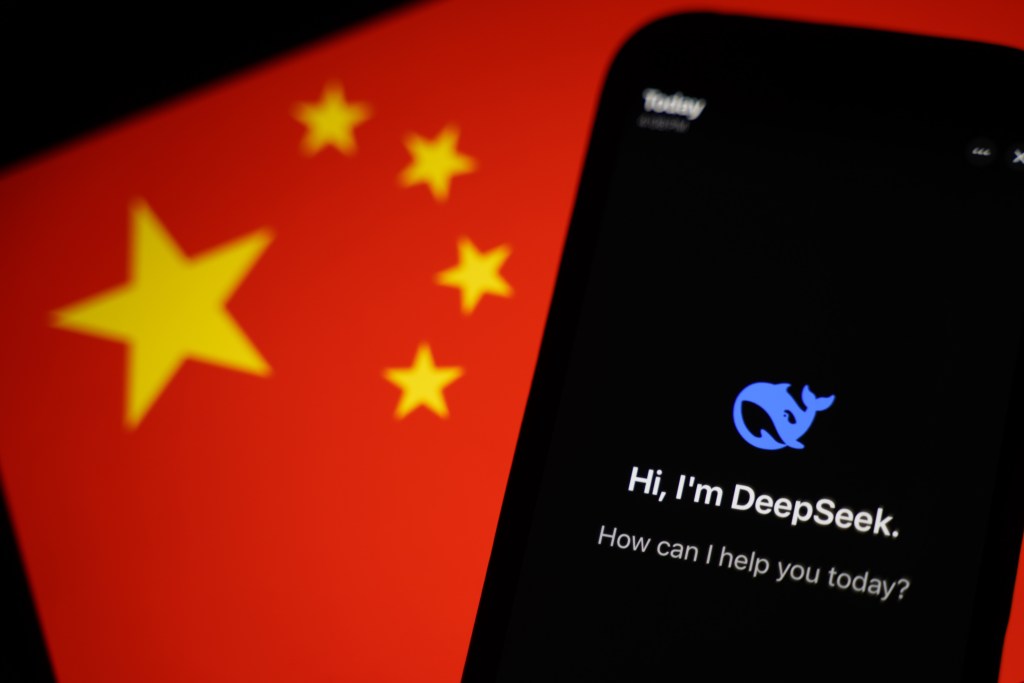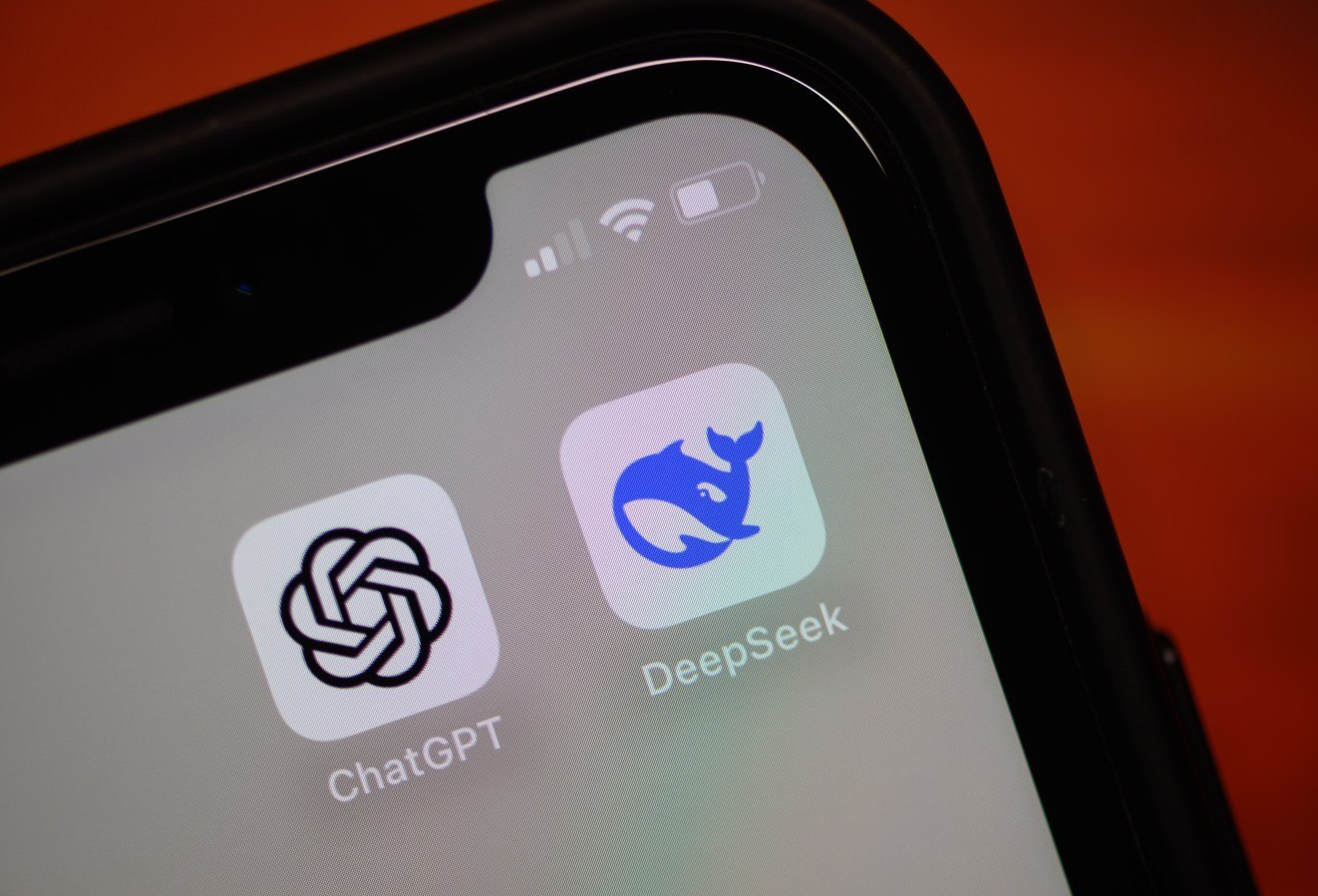China has taken aim at Australia’s decision to ban DeepSeek from government devices, calling it a politicised move against Chinese technology, AFP reports. The AI chatbot, which has surged in popularity worldwide, was this week deemed a security risk by Australian authorities, citing concerns over data privacy and potential exposure to malware.

Key Takeaways
- China has rejected Australia’s claims that DeepSeek poses a national security threat, calling the ban the “politicisation of economic, trade and technological issues,” according to AFP.
- Australia enforced the ban on Tuesday, requiring all government entities to remove DeepSeek from official devices immediately.
- Risks included that uploaded information “might not be kept private,” and that applications such as DeepSeek “may expose you to malware.
- The move follows similar actions in Taiwan and Italy, as well as growing scrutiny from U.S. officials.
- The ban does not apply to private citizens.
Key Background
DeepSeek, founded in 2023 by Chinese hedge fund entrepreneur Liang Wenfeng, has rapidly positioned itself as a cheaper competitor in the artificial intelligence space — and sparked an uproar from Sam Altman’s OpenAI, which has suggested the Chinese app “distilled” its data for training.
The chatbot surged to the top of app download charts worldwide after its January launch. However, concerns over potential data security risks—combined with its censorship of politically sensitive topics such as Tiananmen Square—have now led multiple governments to impose restrictions.
Wenfeng, who also co-founded the $8 billion hedge fund High-Flyer Capital Management, owns approximately 84% of DeepSeek. His personal net worth has now crossed the US$1 billion threshold, according to Forbes.
This week Australia’s Home Affairs Minister Tony Burke, announced the decision to ban DeepSeek from government devices – but emphasised it was not based on the app’s Chinese origin but rather on the risks it posed to government systems and data security.
“The Albanese government is taking swift and decisive action to protect Australia’s national security and national interest,” Burke said. “AI is a technology full of potential and opportunity – but the government will not hesitate to act when our agencies identify a national security risk.”
Crucial Quote
“The Chinese government… has never and will never require enterprises or individuals to illegally collect or store data,” China’s foreign ministry responded to the ban in a statement, according to AFP.
Big Number
16 million: The number of downloads DeepSeek’s app achieved within its first 18 days, nearly doubling the 9 million downloads that OpenAI’s ChatGPT.
Does DeepSeek censor its answers?
Following its headline-grabbing launch, Forbes U.S. put the Chinese app to the test to see how it handled some touchy subjects. The results? DeepSeek refused to answer questions about topics commonly censored in China, including the Uyghur human rights crisis, Taiwan’s political status, and the Tiananmen Square protests. Instead, it responded with, “Sorry, I’m not sure how to approach this type of question yet.”
Meanwhile, when asked about criticisms of Joe Biden or Donald Trump, the AI provided detailed responses over 500 words long.
Look back on the week that was with hand-picked articles from Australia and around the world. Sign up to the Forbes Australia newsletter here or become a member here.


